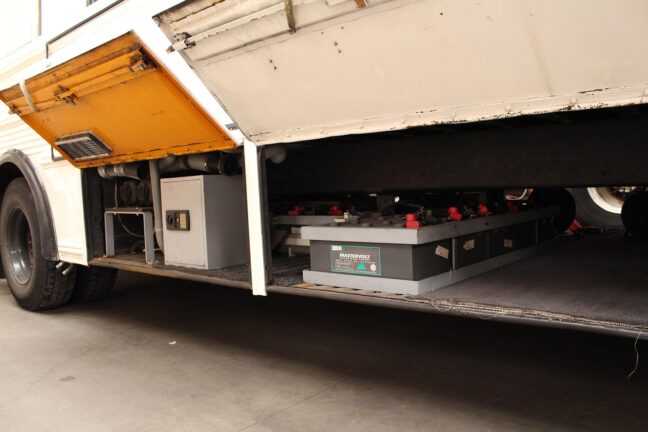The European Council has agreed to delay the implementation of key due diligence rules under the EU Battery Regulation by two years, pushing their application to August 2027. The move, adopted on Friday 18 July as part of the Omnibus IV package, aims to ease regulatory pressure and boost EU competitiveness in the battery sector. However, the decision is likely to frustrate environmental and labour groups, who had urged the EU to adopt the rules sooner.
Back in February, a coalition of 25 civil society, labour, and business organisations – including IndustriAll Europe and Transport & Environment – sent a letter to senior EU officials calling for full implementation of the due diligence provisions “no later than August 2025.” They described the rules as a critical step toward ethical and sustainable battery production, essential for reducing environmental harm, promoting circularity, and ensuring responsible sourcing of raw materials. The coalition warned that any delay would damage the EU’s reputation for building clean and resilient supply chains.
On Friday, the Council chose a different path, not directly addressing those concerns. It cited reasons of its own for postponing the rules, including giving producers and exporters more time to prepare for complex new obligations and to resolve issues with the authorisation of third-party verification bodies, a core part of the regulation. The Council also highlighted a new requirement for the European Commission to publish official guidance one year before the rules take effect to support smoother implementation.
Implications of the delay
In practical terms, there will be no legal requirement for battery makers to carry out supply chain due diligence – including audits and public reporting – until mid-2027. For environmental campaigners, that two-year window is a missed opportunity to push the industry toward greener and more accountable practices at a time when demand for batteries, especially for electric vehicles and energy storage, continues to surge.
Still, the Council’s decision reflects a broader tension between climate ambition and regulatory readiness. With verification systems not yet in place and businesses still building compliance capacity, a rushed rollout could have led to uneven enforcement or confusion across the sector. Taking time to implement the rules properly may ultimately prove more effective.
You might be interested
For those hoping the EU would move faster on ethical and sustainable supply chains, though, Friday’s decision will come as a clear disappointment. Proponents of immediate adoption are sure to argue – as they have before – that the battery due diligence rules should not have been included in the current simplification agenda.











